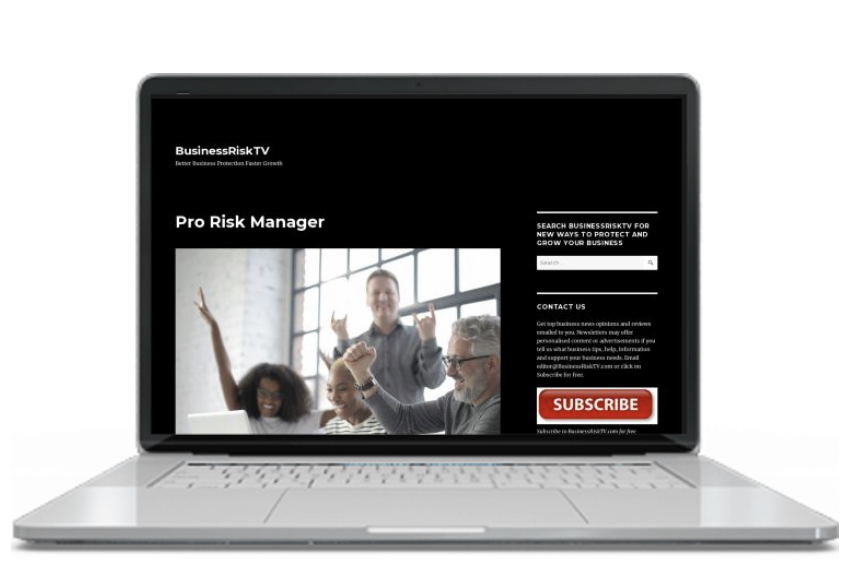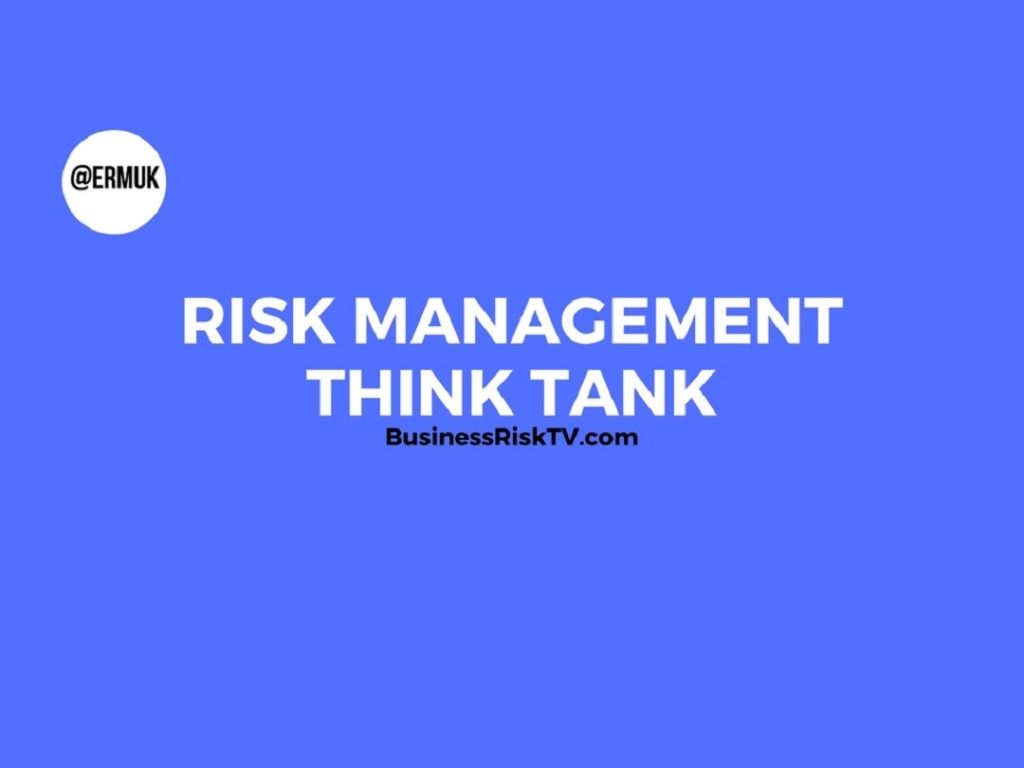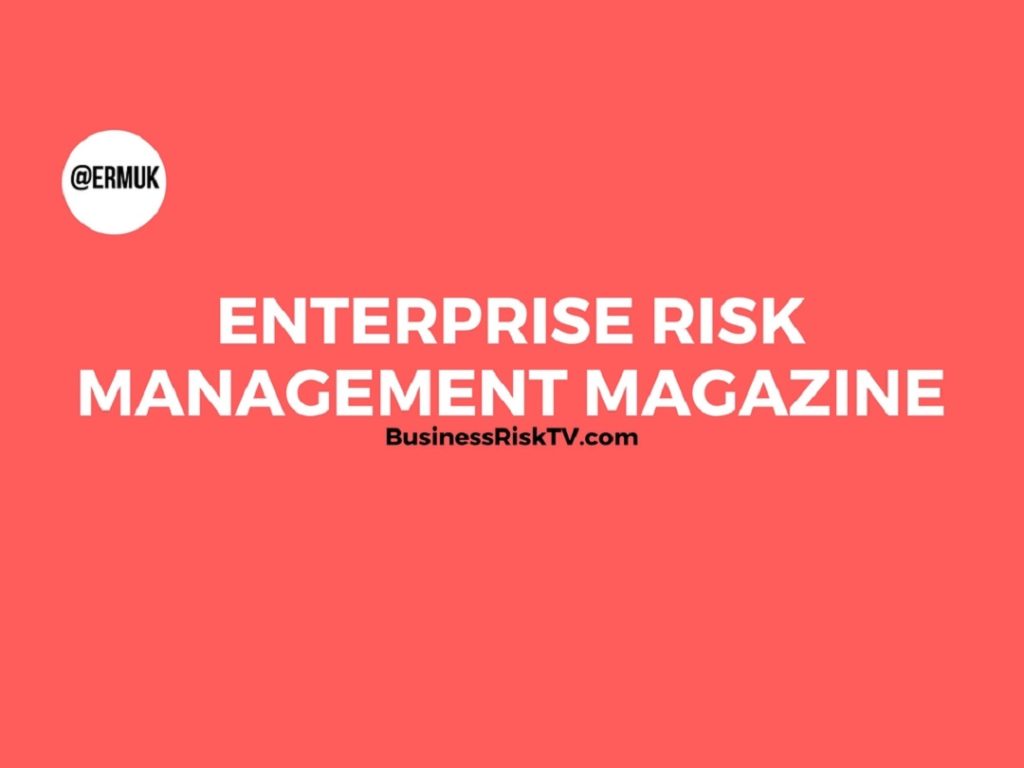Skills and labour shortages holding back your business growth or threatening your ability to maintain existing levels of business activity in 2024?
The year 2024 dawns with a familiar unease for many British businesses. Is the UK having a labour shortage? Not just having one, but grappling with a multifaceted talent crisis threatening to stifle growth and even imperil existing operations. While economic forecasts paint a cautiously optimistic picture, the ground beneath is riddled with the gaping fissures of skills and labour shortages. This article delves into the anatomy of this crisis, identifying the biggest skills gaps and their impact on various sectors, while offering actionable insights for businesses to navigate this treacherous terrain.
The Stark Reality: Numbers Don’t Lie
Yes, the UK is undeniably experiencing a severe labour shortage. As of November 2023, over 1.1 million job vacancies remained unfilled, a figure only slightly down from the record highs witnessed earlier in the year. This deficit stretches across industries, with sectors like hospitality and leisure (35.5%), construction (20.7%), and healthcare (19.5%) bearing the brunt. Even more disconcerting is the narrowing gap between vacancies and unemployment numbers, implying a mismatch between available personnel and required skillsets.
The Roots of the Crisis: A Multifaceted Maze
This predicament stems from a confluence of factors:
- Demographic Shifts: An ageing population and declining birth rates create a shrinking pool of young talent entering the workforce.
- Skill Gaps: Rapid technological advancements demand new skillsets, leaving traditional workforce demographics with inadequate adaptability. This is particularly evident in the need for digital skills, data analytics, and cyber security expertise.
- Wage Stagnation: Wages failing to keep pace with inflation discourages potential entrants, particularly in low-wage sectors like hospitality and care.
- Working Conditions: Concerns about job security, unsociable hours, and demanding workloads deter candidates from joining certain industries.
The Sectorial Pinch: Where Does it Hurt Most?
The ramifications of these factors play out differently across industries:
- Hospitality and Leisure: This sector faces a double whammy – reduced EU migration and a reluctance among domestic workers to accept low-wage, often precarious jobs. The result is a persistent shortfall in chefs, waiters, and housekeeping staff, impacting tourism and the wider economy.
- Construction and Manufacturing: Skill shortages in critical trades like carpentry, plumbing, and welding hamper project completion and infrastructure development. Additionally, a lack of digital skills impedes automation and productivity gains.
- Tech and Innovation: The UK struggles to keep pace with the burgeoning demand for software developers, data scientists, and cyber security professionals. This talent deficit stifles innovation and threatens the UK’s potential as a tech hub.
- Healthcare and Social Care: A critical shortfall in nurses, care workers, and mental health professionals puts immense pressure on an already overburdened system. This gap in care provision directly impacts patient well-being and the sustainability of the NHS.
Navigating the Maze: Strategies for Survival and Growth
The current landscape doesn’t spell doom and gloom. Businesses can adopt proactive strategies to overcome the talent crunch:
- Invest in Upskilling and Reskilling: Train existing employees to acquire new skills relevant to future demands.
- Rethink Recruitment Practices: Broaden your talent pool by considering candidates from diverse backgrounds and offering flexible work arrangements.
- Focus on Employee Well-being: Competitive wages, strong employer branding, and a positive work environment can attract and retain top talent.
- Embrace Automation: Invest in technologies that can augment existing workforce capabilities and bridge skill gaps.
- Collaborate with Educational Institutions: Partner with universities and vocational schools to foster skilled talent pipelines.
- Advocate for Policy Changes: Lobby the government for immigration reforms and investment in training programs to address critical skill shortages.
A Call to Action: Collective Responsibility, Collective Success
The UK’s skills and labour shortages require a multi-pronged approach. Businesses, educational institutions, and the government must collaborate to bridge the gap.
Bridging the Gap: A Collective Endeavour for UK Business Sustainability
While the challenges seem daunting, a collective spirit of innovation and adaptation can turn the tide. Embracing upskilling, rethinking recruitment, and advocating for policy changes are crucial steps for individual businesses. However, the onus doesn’t fall solely on their shoulders.
Education Systems Need Revamping: Curriculum needs to evolve to address industry demands, focusing on digital skills, adaptability, and lifelong learning. Universities and vocational schools should collaborate with businesses to create internship programmes and tailor courses to meet specific talent needs.
Government Intervention is Key: Policy reforms focusing on immigration, talent visas for critical sectors, and targeted investment in training programmes can significantly impact the talent landscape. Streamlining visa processes and attracting skilled professionals from abroad can provide immediate relief. Additionally, investing in vocational training facilities and apprenticeships can create pipelines for skilled workers in high-demand fields.
Collaboration is the Cornerstone: Building partnerships between businesses, educational institutions, and the government is vital. Forums for knowledge sharing, joint training initiatives, and industry-aligned curriculum development can create a synergistic ecosystem fostering future-proof talent.
Looking Beyond 2024: The skills and labour shortages are not merely a 2024 challenge; they represent a structural shift in the workforce landscape. Businesses must adopt a longer-term perspective, fostering a culture of lifelong learning and continuous skill development within their workforce. Embracing remote work and flexible work models can attract a wider talent pool and enhance employee retention.
In conclusion, the UK’s skills and labour crisis presents a formidable obstacle, but not an insurmountable one. By embracing innovation, rethinking recruitment, and fostering collaboration, businesses can not only navigate the current turbulence but also build resilience for the future. A collective effort from businesses, educational institutions, and the government, coupled with a forward-looking vision, can unlock the potential of a skilled and thriving workforce, propelling the UK towards a sustainable and prosperous future.
Get help to fill skills gaps
Subscribe for free business risk alerts and risk reviews
Read more business risk management articles



























